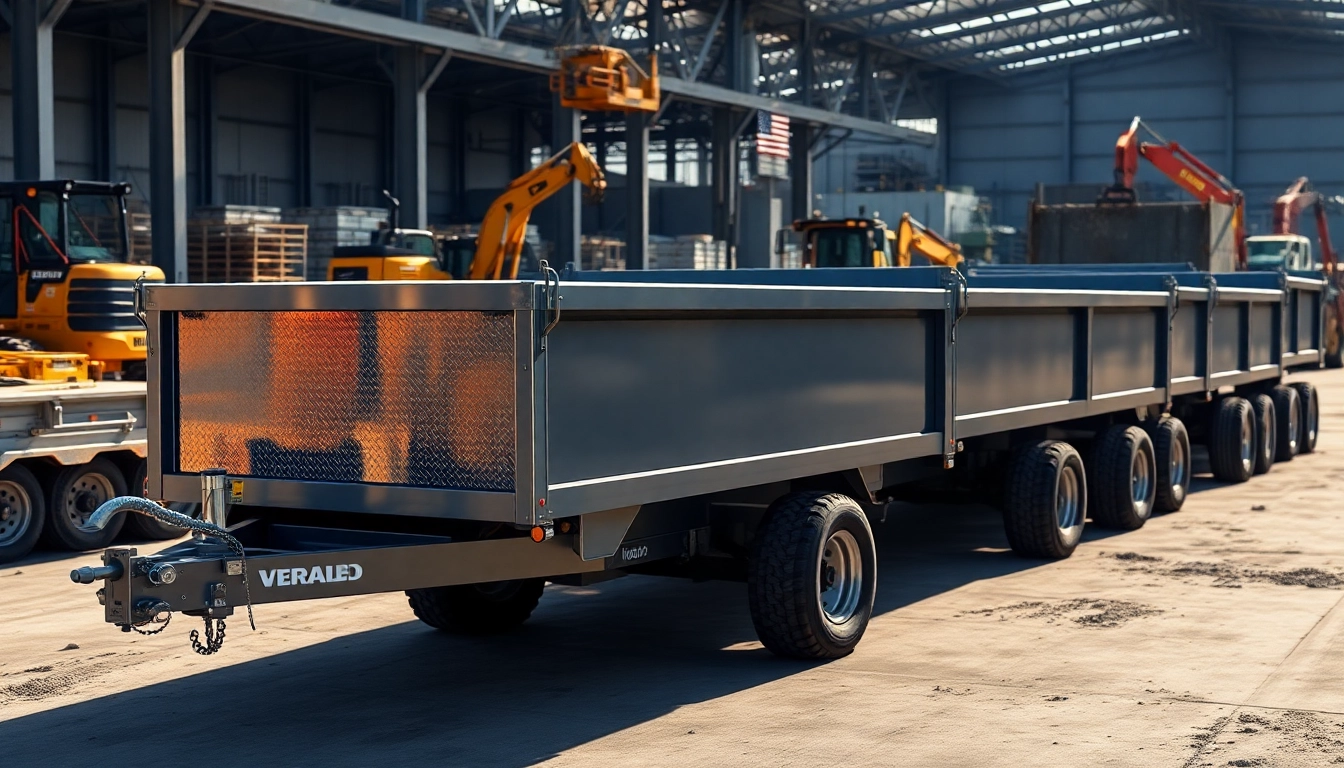Understanding Truck Keys: Types and Features
Truck keys are essential for operating heavy vehicles, ensuring that drivers can securely access their trucks. This article will dive into different types of truck keys, the features that define them, and how their design impacts functionality. For those involved in transportation, maintenance, or ownership of trucks, a comprehensive understanding of Truck Keys can aid in efficient replacements, repairs, or improvements.
Different Types of Truck Keys
Truck keys come in various forms, each designed for different kinds of vehicles and security systems. Here’s a closer look at the primary types:
- Traditional Mechanical Keys: These are standard keys that require a physical lock and often have a simple cut design. They are commonly used in older truck models.
- Transponder Keys: These keys contain a chip that communicates with the vehicle’s onboard computer, enhancing security. If the key isn’t recognized, the truck won’t start.
- Smart Keys: These advanced keys use remote technology to unlock doors and start the engine without physically inserting the key. They often have additional security features like push-button start.
- Key Fobs: Similar to smart keys, key fobs provide remote access and may also feature a panic button or additional functions such as trunk release.
- High-Security Keys: Used in trucks requiring enhanced protection, these keys are specifically designed to be hard to duplicate, often used in commercial or specialized vehicles.
Key Features of Contemporary Truck Keys
The functionality and security of truck keys have evolved significantly. Here are some key features you might find in modern truck keys:
- Encryption: Many contemporary truck keys employ advanced encryption algorithms to secure communication between the key and the truck’s ignition system, making it more difficult for unauthorized users to start the vehicle.
- Durability: Modern keys are designed to withstand the rigors of daily use. Materials like high-strength plastic or metal alloys ensure they’re less prone to breakage or wear.
- Battery Life: Smart keys and key fobs require batteries. Advances in battery technology provide longer lifespans and better performance.
- Emergency Access Features: Some keys come with backup access options, allowing drivers to manually unlock and start their trucks if the primary system fails.
How Key Design Impacts Functionality
The design of truck keys is critical to their functionality. For example:
- Ergonomics: A well-designed key fits comfortably in the hand, making it easier to turn and resist breaking under pressure.
- Aesthetic Elements: Although primarily functional, keys also have aesthetic aspects that appeal to truck manufacturers and clients.
- Mechanical Complexity: The internal mechanism of keys, particularly for transponder and smart keys, can impact how robust the security features are. A more complex design typically means better protection against unauthorized access.
Replacing Your Truck Keys: A Step-by-Step Guide
When a truck key goes missing, breaks, or becomes unresponsive, it’s essential to know the options available for replacement. Here’s a detailed guide to help you navigate this process effectively.
When to Seek Professional Help for Truck Keys
In certain situations, seeking professional assistance is the most efficient route to take. Consider contacting a professional when:
- You have a transponder or smart key that requires programming.
- The key is damaged or malfunctioning, and an accurate replacement is crucial.
- You have lost all copies of your truck key, making it impossible to access the vehicle.
- If your vehicle uses high-security keys that necessitate specialized tools for duplication or replacement.
DIY Methods for Replacing Truck Keys
If you opt for a do-it-yourself approach, here are a few tips:
- Identify the Key Type: Knowing whether you need a traditional key, transponder key, or smart key will guide you in sourcing the correct replacement.
- Order Online: Many online retailers offer duplicate keys that can be cut and programmed remotely. Ensure you can provide the necessary key code.
- Visit Local Hardware Stores: Some hardware stores have key-cutting machines for traditional keys. They may also offer limited duplication services for other types.
Essential Tools Needed for Key Replacement
If you’re taking the DIY route, gather these essential tools to make the replacement seamless:
- Key Cutting Machine: Required for cutting traditional keys accurately.
- Programming Device: For transponder keys and smart keys, you’ll need this device to synchronize your new key with your truck’s ignition system.
- Key Blank Blanks: Ensure you have the correct blanks available to maintain the integrity of the replacement process.
- Tool Kit: Standard hand tools for any additional work or adjustments needed to make the new key work properly.
Maintaining Your Truck Keys for Longevity
Preserving your truck keys in good condition is essential for functionality and longevity. Here’s how you can ensure that your keys last as long as needed.
Best Practices for Key Care
To maintain your truck keys effectively, consider the following best practices:
- Avoid Moisture: Prolonged exposure to moisture can harm electronic components, especially for smart keys and transponder keys.
- Store Safely: Use a designated spot for storing keys when you aren’t using them. Avoid leaving them in places where they might get lost or damaged.
- Inspect Regularly: Make a habit of cleaning and checking your keys periodically for signs of wear and tear.
Common Issues With Truck Keys
Even with the best care, issues can arise. Knowing what to look for can expedite resolution:
- Sticking or Jammed Keys: This is often due to dirt or debris in the keyhole. Use compressed air or a cleaning solution to address this.
- Battery Drain: Smart keys may exhibit reduced functionality if the battery is low, necessitating timely replacements.
- Wear on Mechanical Keys: Signs include a worn part that no longer engages properly with the locking mechanism. Replacing keys can prevent lock damage.
Signs You Need to Replace Your Truck Keys
Be vigilant for these indicators that a key replacement is necessary:
- A key has become increasingly difficult to turn or does not fit smoothly.
- The electronic functions of a smart key or key fob have stopped working.
- You experience unreliable performance from a transponder key, such as intermittent success when trying to start the vehicle.
- A key has been lost, and you only have a single copy left.
Cost Factors in Truck Keys Replacement and Duplication
The price of replacing or duplicating truck keys can vary significantly based on several factors. Understanding these factors is crucial for budgeting effectively.
Average Costs for Different Types of Truck Keys
Costs can differ widely depending on the type of key:
- Traditional Keys: Typically range from $1 to $10 for duplication at hardware stores.
- Transponder Keys: Generally cost between $50 to $150, depending on the vehicle model and programming requirements.
- Smart Keys: Can range from $200 to $400, incorporating the cost of advanced technology and programming services.
- High-Security Keys: Often cost $300 or more due to their specialized design.
Where to Get the Best Deals on Truck Keys
Finding the best deals on truck keys requires some research:
- Online Retailers: Often feature competitive prices and may offer customization or programming services.
- Local Locksmiths: Can sometimes provide better deals than dealerships, especially for transponder and smart keys.
- Automotive Parts Stores: Often have specials on key duplication and may run discounts throughout the year.
Insurance Considerations for Key Replacement
Insurance can sometimes cover the cost of key replacement, especially if theft is involved. Here are a few considerations:
- Policy Review: Check your auto insurance policy to see if key replacement is covered under theft or loss.
- Documentation: For a successful claim, maintain records of the key replacement and any related expenses.
- Deductibles: Be aware of your deductible amount when considering a claim for key replacement, as it may exceed the replacement cost.
Innovations in Truck Key Technology
The world of truck keys is ever-evolving, with technological advancements leading to more sophisticated designs and greater security measures. This section explores recent innovations in truck key technology.
Advancements in Truck Key Security
Current trends in truck key security have focused on reducing the risk of unauthorized access:
- Biometric Security: Some modern truck keys integrate fingerprint recognition systems, ensuring that only authorized personnel can access the vehicle.
- Remote Tracking: Advanced keys now come equipped with GPS tracking features, allowing owners to locate keys if misplaced.
- SSL Encryption: Enhanced digital key communication has improved protection against signal interception and unauthorized duplication.
Smart Keys and Their Benefits
Smart keys offer numerous advantages for truck owners:
- Convenience: With keyless entry and push-button start features, smart keys provide easy access and operation.
- Enhanced Security: The complexity of smart key systems makes them much harder to duplicate than traditional keys.
- Integration with Mobile Technology: Some smart keys feature apps that allow for additional functionalities, such as tracking the vehicle’s status in real-time.
The Future of Truck Keys and Technology Integration
As technology continues to advance, the future of truck keys is likely to include:
- Increased Use of AI: Artificial intelligence is expected to play a role in enhancing key security through predictive algorithms.
- All-in-One Mobile Solutions: Future keys may emerge as smartphone applications that fully integrate vehicle access and management.
- Seamless Connectivity: The trend towards IoT (Internet of Things) connectivity will likely lead to better tracking, monitoring, and security solutions for trucks.



